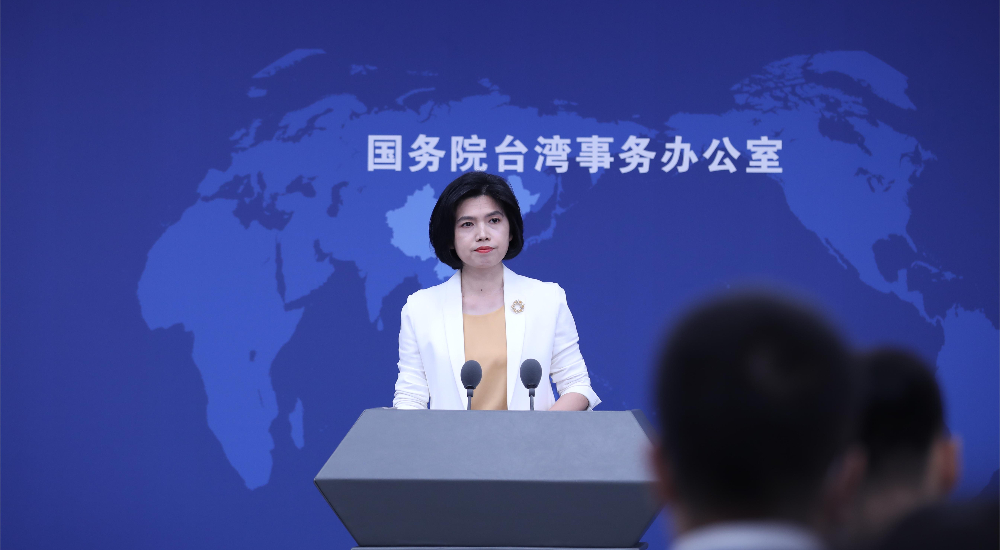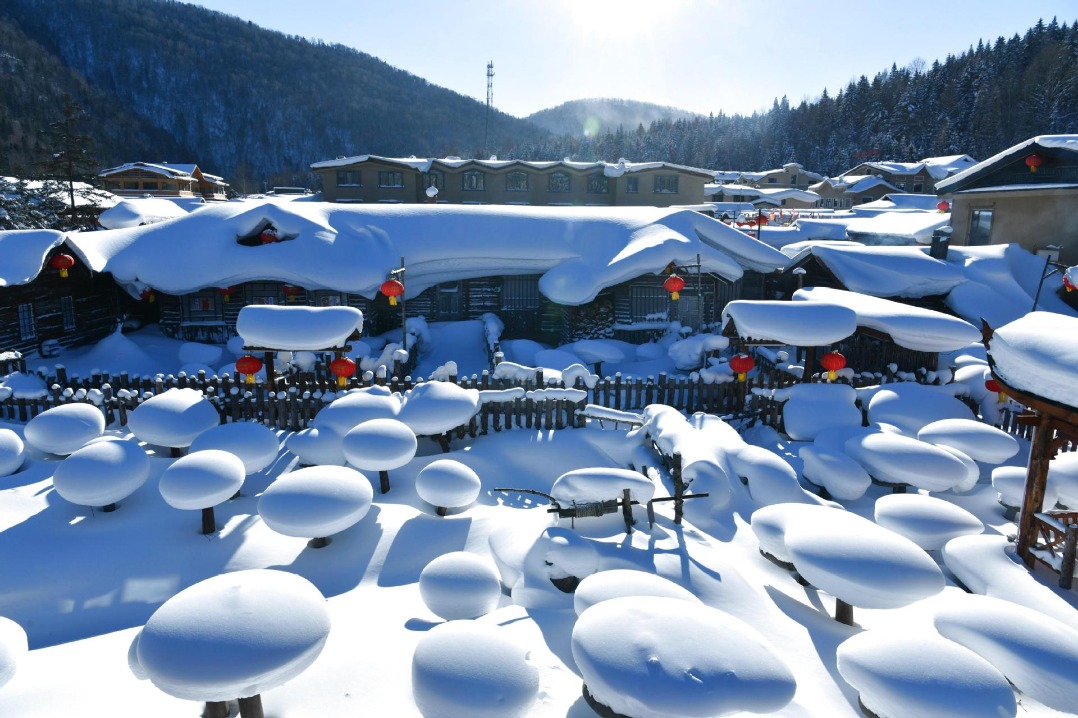Mainland criticizes Lai Ching-te's stopover in US


A Chinese mainland spokeswoman expressed strong opposition on Sunday to the transit of Lai Ching-te, China's Taiwan politician, in the United States, saying the move harms the stability in the Taiwan Strait.
The remarks came after Lai, Taiwan's ruling Democratic Progressive Party's 2024 leadership candidate, set off for Paraguay on Saturday to attend the inauguration of the country's new president, and landed in New York for a stopover on Sunday.
Zhu Fenglian, spokeswoman for the Taiwan Affairs Office of the State Council, said Beijing firmly opposed Lai for relying on the US for seeking "independence" of the island and opposed any form of support or indulgence from the US toward "Taiwan independence" forces.
Zhu said Lai, who will reportedly also stop in the US on his way back from Paraguay, stubbornly adheres to a "Taiwan independence" position and brands himself as a pragmatic "Taiwan independence" worker.
"Under the guise of so-called transit, he engages in activities that aim to betray Taiwan's interests and seek personal gains by selling out the island to the US," she said.
"These actions not only harm the interests of the people on the island but also peace and stability in the Taiwan Strait, making him a complete troublemaker," she added.
Zhu said "Taiwan independence" is incompatible with peace and stability in the Taiwan Strait, and the actions of the separatist forces run counter to the mainstream opinion on the island, which seeks peace, development, communication, and cooperation with the mainland.
Ultimately, such actions will only push Taiwan into a dangerous situation of conflict and jeopardize the well-being of the Taiwan people, she said.
- China highlights judicial protection of property rights
- Iconic complex taking shape in China's Greater Bay Area
- Low-value recyclables treatment key to recycling economy
- Former senior Dalian official sentenced to life in prison for bribery
- China says Philippines' attempt to play victim to elicit sympathy will not work
- Chinese defense ministry slams US annual defense policy bill





































